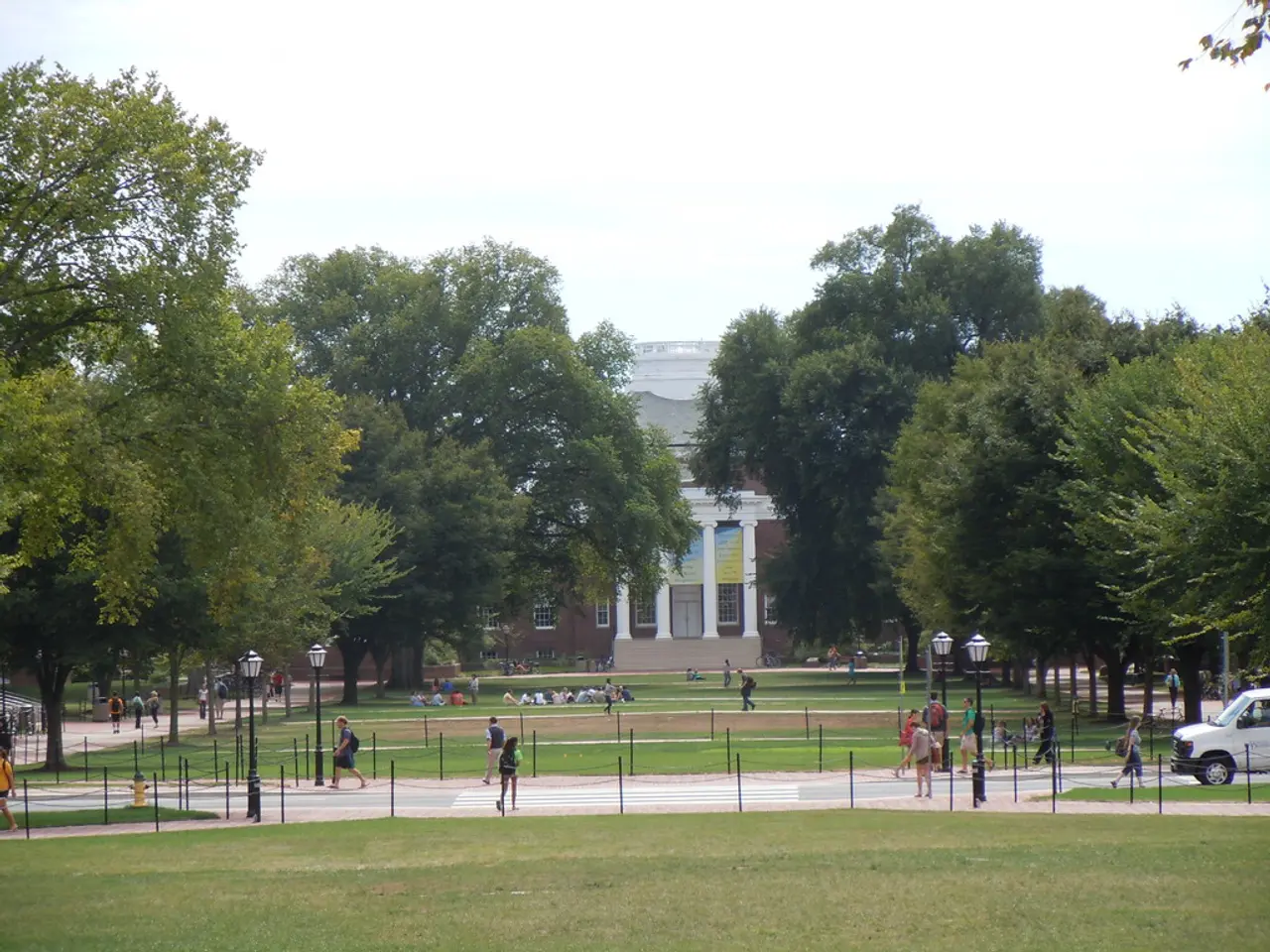French language training initiative for students beyond Quebec remains in its initial phases
The Pilot Program for Students in Francophone Minority Communities (FMCSP), unveiled in August 2024, was designed to support Francophone immigration outside of Quebec. The initiative, spearheaded by Immigration, Refugees and Citizenship Canada (IRCC), aimed to make it easier for foreign Francophone students to obtain study permits in certain Francophone colleges and universities outside Quebec.
However, the first year of the program has shown mixed results. The targets set by IRCC ideally represented an increase of about 20% in international enrollments in French-language institutions outside Quebec, but the results of the first cohort are far from this. Four out of the ten welcoming French-speaking communities designated in 2024 have not yet begun their activities, further contributing to the modest gains.
Despite these challenges, the program has generated enthusiasm among participating institutions. The added value it offers, particularly the possibility for international students to access establishment services normally reserved for permanent residents, has been a significant draw. During their studies, these students also have access to integration services usually reserved for permanent residents.
Once they graduate, these students can follow an accelerated path to permanent residence, a direct pathway that eliminates the need for a post-graduation work permit or a job offer. This aspect of the program has been instrumental in supporting Canada's goal to grow Francophone populations and promote bilingualism across the country beyond Quebec.
The first year of the pilot successfully achieved approximately a 20% increase in international enrollments in these French-language institutions outside Quebec. However, since the implementation of a federal cap in January 2024, these institutions have experienced a significant decline in the number of international students. Delays in processing study permits by IRCC have further slowed down the implementation of the program.
The Association of Canadian Francophone Colleges and Universities (ACUFC) is urging the ministry to provide predictability to the college and university network regarding the program's future. IRCC has not yet specified what the targets for the program will be for the second year. Each institution has a quota of passes that it can offer, but the exact numbers remain unclear.
Meanwhile, some tenants outside Quebec are still without housing despite intensive searches, and several Franco-Canadian organizations have been authorized to intervene before the Supreme Court regarding Bill 21. These ongoing challenges underscore the need for a comprehensive approach to support Francophone immigration and integration in Canada.




